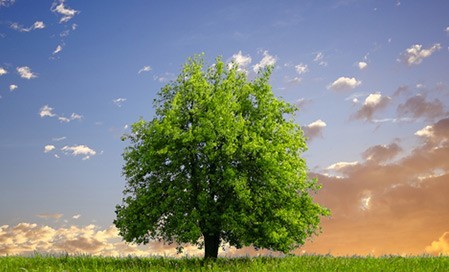Well, it’s winter… The season the snow flies, yes we are talking about dandruff.
[box]Dandruff is often associated with dry skin, so many people try washing their hair less often to help combat the problem. This is actually the opposite of what you want to do. Dry skin can be a problem, however it is not the cause of dandruff, in fact, excessively oily scalp is one of the causes of dandruff. This is why the first course of action to help fight off the flakes is to wash your hair more often.[/box]
Let’s explore some of the most common cause, as well as the best ways to treat dandruff at home.
Common Causes of Dandruff
Seborrheic Dermatitis
This is a big fancy term for irritated and oily skin. Generally affecting the scalp, behind the ears, eyebrows and sides of the nose.
Individuals who suffer from Seborrheic dermatitis are extremely prone to excessive dandruff. The skin becomes red and greasy, covered with white or yellow scales that flake off. It is generally a long-term condition that is quite difficult to cure.
Seborrheic dermatitis is not contagious and it is not a sign of poor hygiene. The cause is unknown, however experts believe it could be an inflammatory response to psoriasis, generally worsening in early spring and winter.
Psoriasis / Eczema
Psoriasis is a chronic, immune-mediated skin disease that causes red, scaly patches of skin that are often itchy. These skin patches can be localized to small area’s or cover the whole body.
This brings about inflammation and accumulation of skin and plaque on the scalp, causing mild to severe dandruff.
Malassezia Fungal Infection
This oddly named fungus is naturally found on everyones scalp. Malassezia feeds on the oils found in our hair follicles, and when it grows out of control it can become a serious problem.
Out of control Malassezia causes scalp irritation which prompts excessive skin growth. The excess skin dies off and mixes with the oils found on the scalp and hair and ends up on our shoulders and littered throughout our hair.
How To Treat Dandruff at Home
Limit Use of Hair Products
People react differently to different hair products, from hair spray, gel, mouse, conditioner and shampoo. This reaction could mean red, itchy and scaling of the scalp which results in dandruff.
If you are trying new hair and scalp products, be mindful and aware of any changes in the scalp area. Notice any discoloration, itching or flaking? Stop immediately and opt for something different. Ideally all natural products with inherent anti-fungal properties.
Eat Healthy
This is important regardless of you scalps condition. An unhealthy diet leads to all sorts of health problems, one of which includes the formation of dandruff. This can be because of a deficiency in certain nutrients, namely zinc, vitamin B and healthy fats.
Humidify Your Place
Dry air can aggravate certain causes of dandruff, making the scalp itchy and sore. Placing a humidifier in your bedroom can help give your scalp a rest while you sleep, offering some moisture to help quell the itching.
Reduce and Limit Stress
Chronic stress is a killer, hindering our immune function and exacerbating health conditions. Reducing and limiting stress can lead to healthier skin, meaning less itching, less flaking and less dandruff!
Scalp Oil Massage
Rubbing oil directly into the scalp seems counter-intuitive seeing as Malassezia feeds on oil. But it is quite helpful for treating dandruff.
Massaging warm oil into the scalp helps to loosen and release excess dead skin flakes which would otherwise end up on your clothes. Using an oil with natural antimicrobial and antifungal properties, like coconut oil, can help boost the efficacy.
Wash Regularly
Malassezia feeds on oil, so wash your hair. This is more often than not the solution for most dandruff sufferers. Simply washing the hair more regularly helps to reduce the buildup of oils that contribute to dandruff.
If your shampoo dries out your scalp too much or is causing your scalp to become irritated, try a different shampoo.
Stay Hydrated
Plenty of water is always a good idea. Water is tied directly to our skin health, when we do not drink enough, our skin suffers. So be sure to drink lots of water throughout the day, the benefits reach far beyond skin health. Cheers!
What To Look for In An Anti-Dandruff Shampoo
Zinc Pyrithione – This will slow down the production of yeast which can help relieve inflammation and scalp irritation.[1]
Selenium Sulphide – This can help reduce the amount of oil that your scalp produces. Starving dandruff causing fungi.[2]
Coal Tar – A natural antifungal additive to anti-dandruff shampoos.[3]
Ketoconazole – This is a particularly effective antifungal agent. Safe for infants and elderly individuals to use.[4]
Salicylic Acid – This additive can help the skin shed excess skin cells. It does not slow down the production of skin cells however. Prolonged use can dry out skin and worsen symptoms.[5]
Tea-Tree Oil – Natural, antifungal, antibiotic and antiseptic. Enough said? Tea-tree oil is being used more commonly in shampoos for its numerous skin health benefits.[6]

